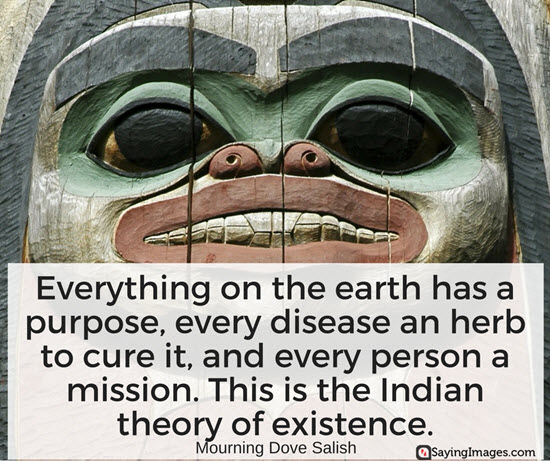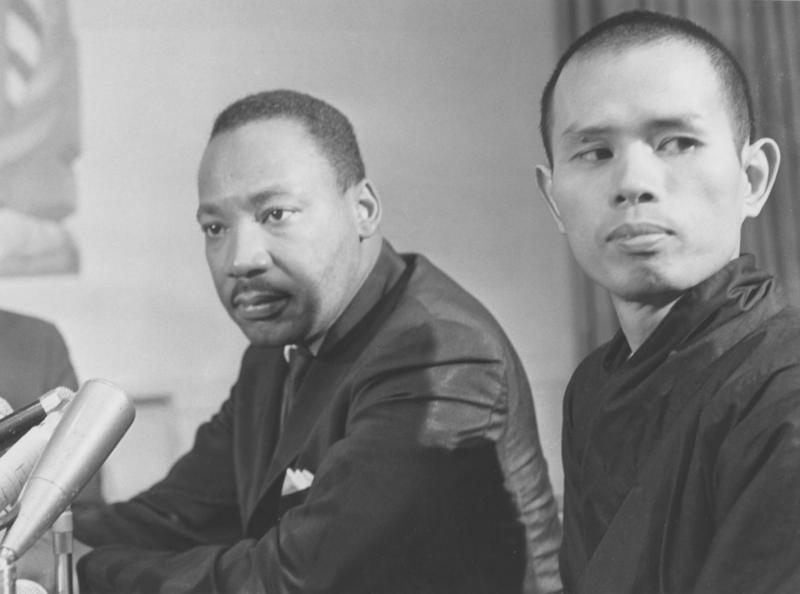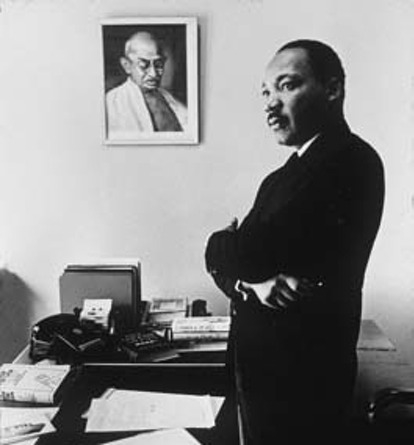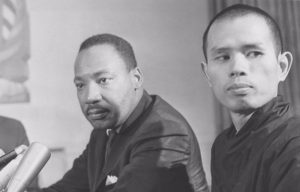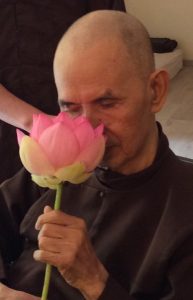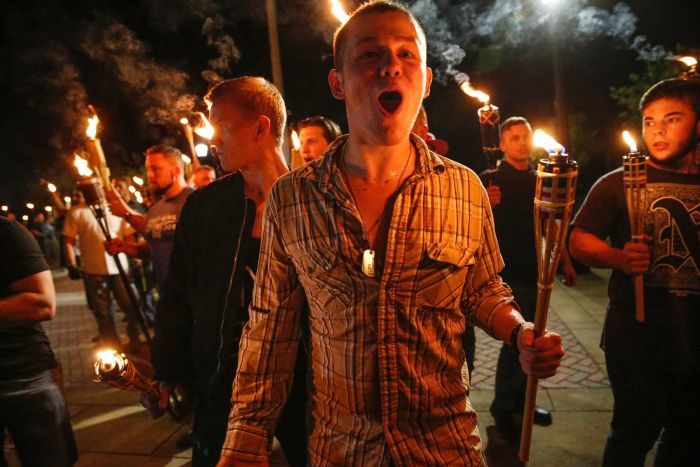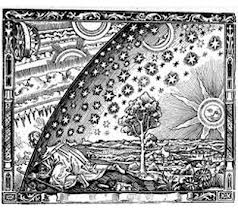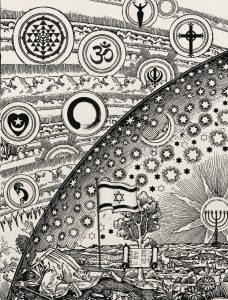“If you are free, you need to free somebody else.
If you have power, then your job is to empower somebody else.”
–Toni Morrison
Brooklyn District Attorney Eric Gonzalez became the first and only District Attorney in New York to release data on who has been arrested for social distancing violations and the results paint a grim reality. 40 people have been arrested. 35 were black, four were Hispanic, and just one was white. Despite making up only 25% of the population, Black people received more than 87% of arrests for social distancing. And this is only based on a small percentage of data released by DA Gonzalez in his district in Brooklyn.
My previous post was, “Got Time? Sit Quietly for a While.” Still a good idea in my view. But as with breathing, there is a time for inhaling, going in, and a time for exhaling, going out. A time to Be and a time to Do. If there is a message in the Covid-19 visitation, it’s that humanity needs to take more time to go within and find peace, AND to step up and out and act more with strength and compassion to bring peace and justice to this world.
The mistreatment and abuse of people because of their skin color, their ethnicity, their sexual orientation or gender comes out of fear, but also a belief that those people are essentially inferior. White male supremacy has been with us for centuries and it will take time, a long time, to undue that ignorance from the hearts and minds of all of us. But we can more quickly end the institutional systems that make it possible for people with privilege and power to act against those they deem less than. It will take those of us with privilege examining ourselves for the seeds of racism implanted in our psyche. It will take those of us with privilege standing up, speaking out, and supporting and joining those groups in the struggle for racial justice.
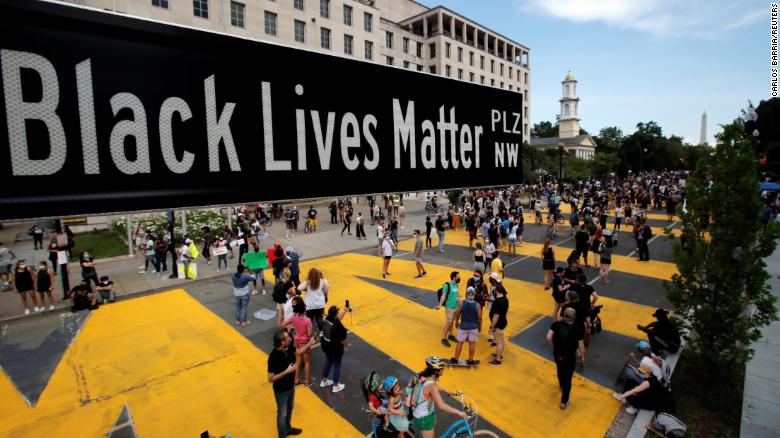
I’ve received so many beautifully written messages and posts that express the pain, frustration, rage, and fatigue of Black people who fear for themselves and their children, fear of participating in simple, normal activities in America. Many of the messages include lists of 5, 10, 15 or more things that White people can do to help. I’ve included here just a few quotes and a list of ideas for all of us to consider and take action wherever possible.
A personal story: In 1966 I participated in a sit-in to integrate a small restaurant in Gainesville, Florida, off the campus of the University. A White man took a seat next to me and was so filled with hate he could barely stir his coffee. His grin, the look in his eyes, his shaking hands and his hateful threats are unforgettable. My experience was nothing compared to the Freedom Riders and others, many of whom were beaten and burned and killed in those years. But I tasted the hate, and it’s just so painful to see it still alive today snuffing out the lives of Black people, one after another. How can we let this go on? As I’ve heard a number of times: it’s not enough to not be racist, we need to be actively anti-racist.
The vigils, marches and other forms of protest going on now are a hopeful sign that there is in fact an awakening happening. Please help keep it alive and strong by lending your support. At the bottom of this message are two links to people who do excellent trainings, (at this time online) for White people regarding racism. Please check them out.
peace with justice, justice with peace,
“…we have to remember that for millions of Americans, being treated differently on account of race is tragically, painfully, maddeningly ‘normal’ — whether it’s while dealing with the health care system, or interacting with the criminal justice system, or jogging down the street, or just watching birds in a park.”
–Barack Obama
“…………….this latest crisis precipitated by overt racism, along with the corona virus pandemic and the climate crisis, are all interwoven forces pushing to face the truth of the pathology of what we have created and how we need to do it differently if we want to create a healthy and just, peaceful, beautifully diverse, Win-Win World For All, which is the only way it is going to work for we are all in the same life-boat together. May enough of us wake up and work together in respectful cooperation to make it be so. Have no doubt about it, this is spiritual work of the first degree. If not you and me, then who? If not now, when?
–T0m Pinkson
“What deep possibility is activated now, with mass cries to finally see centuries of dehumanization, trauma, and brutality toward people of color as a monstrous crime against life? The disruption of a dominant worldview is unfolding. We witness the extraordinary power of ordinary human beings, allied to bring forth a shift of consciousness.
–Geneen Marie Haugen
From the “Movement for Black Lives” (These are issues that you and I can support through sending messages to elected officials and voting to elect those who are supportive).
“We call on localities and elected officials across the country to divest resources away from policing in local budgets and reallocate those resources to the healthcare, housing and education our people deserve. More officers, guns, jails and prisons are not a solution to longstanding problems of racial disparities, injustice and police violence. We demand police free schools across the country and an end to the use of police officers in public universities. All public Institutions designed to serve the people, must cut ties with the police in the interest of public safety.
We demand an end to the war against Black people. Since this country’s inception there have been named and unnamed wars on our communities. We demand an end to the criminalization, incarceration, and killing of our people.
This includes:
An immediate end to the criminalization and dehumanization of Black youth across all areas of society including, but not limited to; our nation’s justice and education systems, social service agencies, and media and pop culture.
This includes an end to zero-tolerance school policies and arrests of students, the removal of police from schools, and the reallocation of funds from police and punitive school discipline practices to restorative services.
An end to capital punishment.
An end to money bail, mandatory fines, fees, court surcharges and “defendant funded” court proceedings.
An end to the use of past criminal history to determine eligibility for housing, education, licenses, voting, loans, employment, and other services and needs.
An end to the war on Black immigrants including the repeal of the 1996 crime and immigration bills, an end to all deportations, immigrant detention, and Immigration and Custom Enforcement (ICE) raids, and mandated legal representation in immigration court.
An end to the war on Black trans, queer and gender nonconforming people including their addition to anti-discrimination civil rights protections to ensure they have full access to employment, health, housing and education.
An end to the mass surveillance of Black communities, and the end to the use of technologies that criminalize and target our communities (including IMSI catchers, drones, body cameras, and predictive policing software).
The demilitarization of law enforcement, including law enforcement in schools and on college campuses.
An immediate end to the privatization of police, prisons, jails, probation, parole, food, phone and all other criminal justice related services.
Until we achieve a world where cages are no longer used against our people we demand an immediate change in conditions and an end to all jails, detention centers, youth facilities and prisons as we know them. This includes the end of solitary confinement, the end of shackling of pregnant people, access to quality healthcare, and effective measures to address the needs of our youth, queer, gender nonconforming and trans families.
–Movement for Black Lives (M4BL)
https://m4bl.org/about-us/
For White people seeking to understand racism and become better allies:
The Center for the Study of White American Culture (CSWAC) http://www.euroamerican.org/About/Who-We-Are.asp
Doing Our Own Work: White People Learning, Healing, and Acting for Racial Equity*
https://dianegoodman.com/public-workshops/
~Alan
